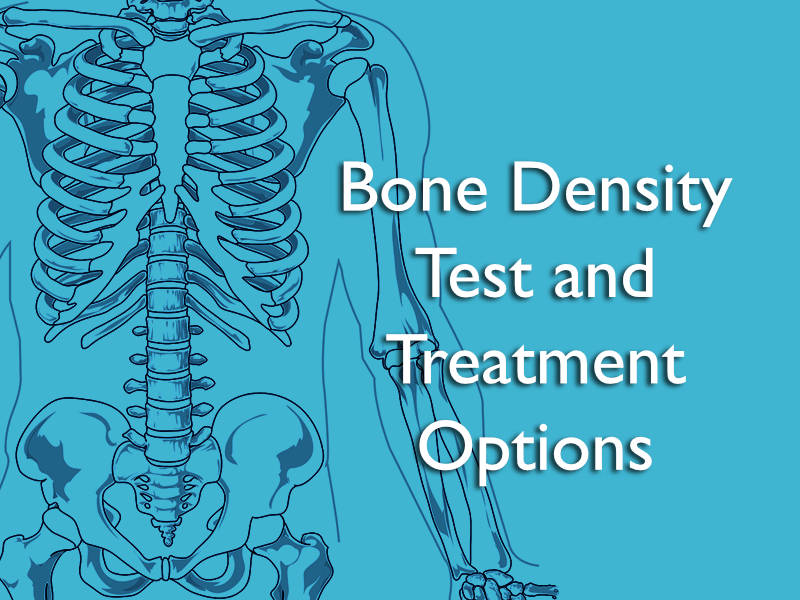The Lamkin Clinic is Your Partner on the Path to Health & Wellness
Are you ready to
take control of your health?
FUNCTIONAL MEDICINE
SERVING OKLAHOMA

Let’s Review
Your History

We’ll Tailor a Customized Treatment Plan

Live
Pain-Free!
Our Approach Makes The Difference
Schedule Your Consultation
Come in for your comprehensive consultation, and together, we’ll review your health history, goals, and concerns. We want to understand the big picture to give you the best treatment.
Receive Customized Treatment
Using the information from your consultation and possible lab work or diagnostic tests, we’ll craft a unique treatment plan under the guidance of the right team members to treat the root cause of your health concerns.
Restore Your Life
With a plan of action and a team of experts supporting you, you’re ready to take back your health and enjoy lasting wellness! Your new health approach will enrich all areas of your life.
The Leading Functional
Medicine Doctor In Edmond
OUR STORY
Dr. Lamkin is the leading Functional Medicine doctor in Oklahoma – Edmond, to be exact. Dr. Brian Lamkin was born at Deaconess Hospital in 1973 and grew up mostly in Yukon, Oklahoma before moving to Bridge creek, Oklahoma in 1986. After graduation from High school, Dr. Lamkin began his focus on obtaining prerequisites for application to medical schools by studying chemistry and human physiology at Oklahoma City Community College.
Dr. Lamkin and the Lamkin Clinic team has been serving the people of Oklahoma for over a decade, much longer than any other wellness clinic. We offer a more comprehensive approach, a wider variety of treatment options, specialty services, and health products so we can provide a genuinely integral plan for all of our patients. We practice patient-centered, not disease-centered, medicine.

Our Approaches To Wellness
As an interdisciplinary clinic, we are proud to offer many perspectives and input from various specialists to address patient issues and solve problems. See the four areas in which we can help you below.
Functional Medicine
Functional Medicine is an innovative approach that seeks to identify and address the root causes of disease and views the body as one integrated system.
Specialty Programs for Optimal Health & Vitality
We offer a variety of services under the guidance of specialists ranging from nutrition, exercise science, and mind-body medicine to ensure you’re treatment plan is the best for your needs and goals.
General Wellness / Hormone Optimization / Preventative Medicine
We want to keep you well by treating health concerns before they become disasters. Speak to our team about our advanced hormone treatments and other wellness initiatives.
Advanced Diagnostic Testing
We use cutting-edge technology and the latest breakthroughs in medical testing, such as DEXA scans and specialty labs to offer you a completely comprehensive treatment plan.
Patient Testimonials
Dr. Lamkin has helped me with my thyroid issues and insulin resistance. In less than a year I have been feeling significantly less tired and don’t need to nap anymore. I have way more energy than I used to have. I have also lost 40 pounds. I still have a ways to go but for the first time in my life I feel like I am on the right track with my health.
– Brooklyn G.
Wonderful family atmosphere! I have been helped with my thyroid a ton here and my whole family goes here. My wife who had an allergy with nuts has been cured of her allergy!!! I fully recommend the Lamkin Clinic!
– Robert S.
If you are looking for a place where the doctor and his staff listen to you and spend quality time finding out about your unique situation then this is the right place! It’s refreshing that they want to help you get to the root of the problem. Dr. Lamkin and his wife, Deb, make the perfect team for your health care needs and nutritional guidance.
– Audrey B.
Dr Lamkin will make sure to fully listen and understand what is going on with your total health not just parts of your health. He will put the entire package together to make sure you are the healthiest you can be not just treat some of your symptoms and send you on your way. If you are looking for a Dr who wants to see you at the peak of Health at any age, you need to come see Dr Lamkin!!
– Shelly B.
I have been a patient for years. Dr. Lamkin is thorough in his diagnosing of any health issues you might be going through. His staff is caring and quick to respond to calls or emails. His functional medicine approach to health is so important in medicine today in dealing with an array of health problems. The emails I receive on health topics are so informative and educational.
– Jennifer T.
If you are tired of conventional doctors not listening to you and just handing you a prescription, then The Lamkin Clinic is the place for you! Dr. Lamkin and his awesome staff (Deb & Michele) are so friendly and always make me feel at ease. I can finally see an improvement in my health after multiple doctors have failed to help at all. If you want to treat the root cause of your issues and not just your symptoms, I highly recommend The Lamkin Clinic.
– Shelby L.
After visiting several of the “popular” hormone specialists in town, I was given Dr. Lamkins # and asked to try him. You’re immediately greeted by Michelle at the front desk, and sometimes Deb as well. They both make you feel like family. The office has such a peaceful feel. Dr. Lamkin never makes you feel rushed and truly listens to you. I’m incredibly thankful I have them on my journey to get healthy!
– Sara M.
I came to Dr. Lamkin because I had tried everything for my food sensitivities and they were only getting worse. Dr. Lamkin and his staff are amazing. They take the time to listen to you, review everything about your medical history, and provide an appropriate treatment plan. Unlike doctors I have visited in the past, they don’t tell you what your treatment plan will be, the decision is mutual between patient and doctor. They are also very good about taking the time to clearly explain everything. I am so glad that I found Dr. Lamkin!
– Erik K.
The Lamkin Clinic is a place I refer everyone to! I started going just a couple months ago, but they have already found the answer to issues I’d been seeing multiple other doctors and specialists for for years. They really take the time to listen to you and to get to the root cause of whatever you may be going through with your health. Dr. Brian Lamkin and Dr. Deb Lamkin are both amazing doctors and people who truly want to help you in every way they can. Highly recommend the functional medicine approach and this clinic!
– Rachel T.
Dr. Lamkin and his staff are AMAZING! We have been seeing them for almost 9 years now. They always have suggestions on natural solutions to be healthy for the entire family. They take the time to listen & talk to you about your health and provide what is actually needed, make suggestions & educate you on additional steps to take to be healthy. They have helped us with everything from long term allergy solutions, illness, weight, thyroid issues and many other things over the years! We are beyond grateful for this clinic! I would highly recommend them if you want to be your best & regain your health!
– Keitha M.
Find Out About Our Platelet Rich Plasma Therapy.
Latest Blog Posts
Bone Density Test and Treatment Options
Until you get older, you probably don’t give your “poor old bones” a thought! So why would you even think about having a bone density test? And if you’ve always taken care…
Peptide Clinics: Should I Consider One?
Peptides are all the rage right now. And it’s for a good reason. Even though it seems like peptide clinics appeared overnight, peptide injections have been in use to improve athletic performance,…
Thyroid Levels: What you Need to Know
Are you feeling exhausted? Are you losing or gaining weight, but you don’t know why? And how about your hair? Is it falling out for no explicable reason? That’s enough to boggle…







